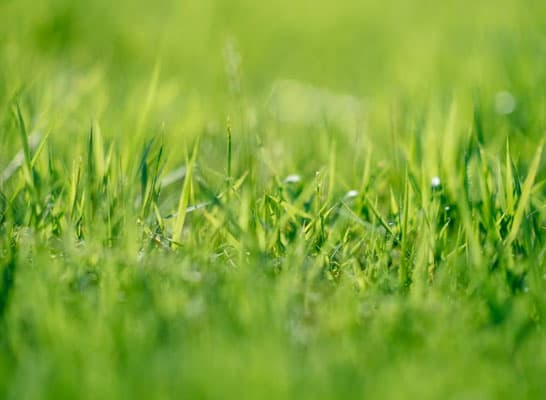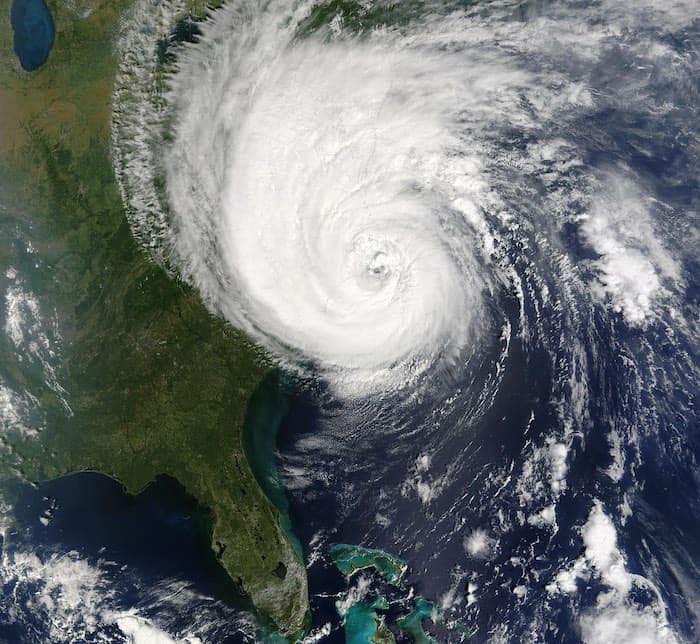Other water-centric stories include attempts to grow food using less water - and more fish excrement (not as crazy as it sounds) - and a plan to divert water-polluted river releases into the natural filter of the Everglades.
Elsewhere, we look at solutions in the here and now, from hurricane-proof houses to siblings spreading the word about composting to prevent food waste, and a smart student realizing that dissected bits of squid might actually come in useful. There’s also a look at the hundreds of people who helped to rescue thousands of coral and nurse them back to good health and finally, a reminder that some of the side-effects of rising temperatures are actually swimming, hopping and slithering into Florida, and doing a lot of damage once they are here.










